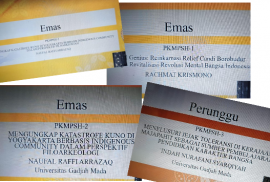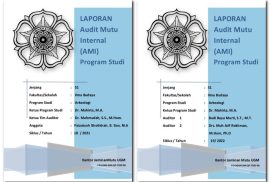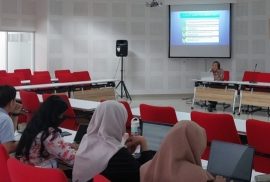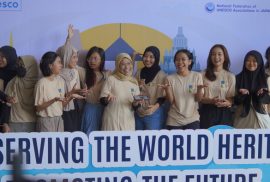
In a significant step to enhance students’ expertise in archaeology, a group of archaeology students from the 2023 cohort participated in a Fieldwork Course (KKL) at the Tinjon Site in Prambanan District. This initiative, which took place from June 21 to 26, 2025, is a crucial requirement for students to complete the Excavation Methods course. The program was also joined by several master’s students in archaeology who sought to delve deeper into the intricacies of excavation activities.
During the KKL, students engaged in the practical aspects of archaeology, learning
learning proper techniques for excavation, measuring findings, and preparing field reports in accordance with professional archaeological standards and ethics. This hands-on experience is crucial for students, as it bridges the gap between theoretical knowledge and real-world application, aligning with the Sustainable Development Goals (SDGs) that emphasize quality education and the preservation of cultural heritage.
Although they have undergone several excavation practice sessions on campus, the challenges faced in the field provide invaluable learning opportunities for the students. The dynamic environment at the Tinjon Site, rich in cultural heritage, presents unique obstacles that require students to think critically and adapt their skills to real-life scenarios. This experience not only enhances their technical abilities but also fosters a deeper appreciation for the cultural significance of their work.
The Tinjon Site, renowned for its archaeological richness, serves as an ideal backdrop for this educational endeavor. Students can explore the historical context of the site, understanding its importance within the broader narrative of Indonesia’s cultural heritage. Interacting with the local community and learning about the site’s history adds depth to their educational experience, highlighting the connection between education and cultural preservation.
Throughout the week, students participate in various activities, including site layouting, box excavation, artifact reporting, and field activity report writing. While in the field, students are guided by faculty members and excavation assistants who are ready to answer questions on-site.
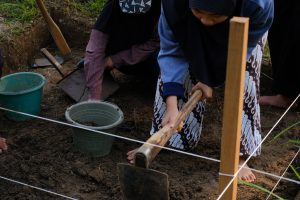
The KKL also provides a platform for students to collaborate and share insights with their peers. The presence of master’s students enables a rich exchange of ideas and experiences, fostering a collaborative learning environment. This mentoring aspect is crucial in developing the next generation of archaeologists who are not only skilled in their field but also aware of the ethical implications of their work.
As the week progressed, students faced various challenges, from unpredictable weather conditions to the physical demands of excavation. However, these experiences were met with resilience and cooperation, reinforcing the importance of collaboration in archaeology. The ability to adapt and overcome obstacles is a vital skill that students will carry into their future careers.
In conclusion, the Fieldwork Course at the Tinjon Site was a great success, providing students with a comprehensive understanding of excavation methods while emphasizing the importance of cultural heritage. This initiative not only contributes to students’ academic growth but also aligns with the broader goals of sustainable development in education and cultural preservation. As these future archaeologists continue their studies, they will undoubtedly bring the lessons learned from this experience into their professional lives, advocating for the protection and appreciation of Indonesia’s rich cultural heritage.

